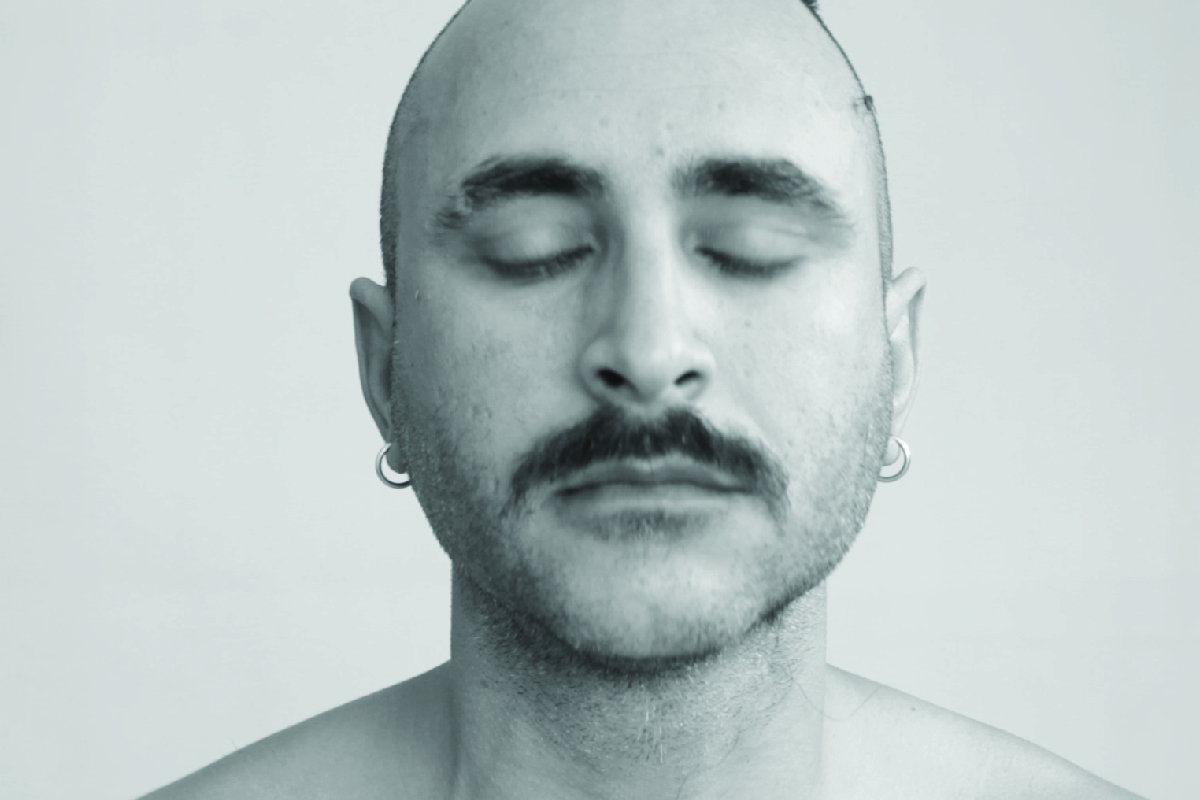ES ¿Cómo llega un joven occidental a pelear la “guerra santa”? Los datos del Centro Internacional de Estudios de la Radicalización pueden darnos algunas respuestas. Según las estimaciones entre un 30% y 40% de los combatientes extranjeros en Siria que luchan por establecer un califato islámico en Siria e Irak son hombres musulmanes de entre 18 y 35 años procedentes de países occidentales como Francia, Bélgica, Reino Unido, Alemania y países bajos. La mayoría se había convertido o comenzado a practicar el islam recientemente y no habían partido como fanáticos. Generalmente los jóvenes yihadistas de Occidente pertenecen a la segunda o tercera generación residente en el país occidental de origen. Es decir, sus padres o abuelos son inmigrantes. Estos jóvenes pueden venir de familias con contextos musulmanes más moderados o haberse convertido.
“Los padres de los que se radicalizaron generalmente no eran muy religiosos. Trataron de integrarse, de suavizar su contexto para no tener problemas en la sociedad donde se insertaron. Sin embargo, especialmente después de los ataques a las Torres Gemelas, las sociedades occidentales no terminaron de aceptar como propias a las comunidades musulmanas. Sus hijos sienten que hay algo que está mal, que sus padres fallaron en el esfuerzo. Porque no están completamente integrados y se sienten estigmatizados por ser musulmanes”, explica Milena Uhlmann, investigadora de la Universidad Humboldt de Berlín, experta en conversión y radicalización. “Viven entre dos culturas: la del país de origen de su familia, dentro de casa, y la del país donde viven, puertas afuera”.
“Estos jóvenes están decepcionados de Occidente. Utilizan el Islam como un medio para posicionarse contra su estatus de ‘occidentales’. No obtuvieron lo que querían, no se sintieron en casa ni tuvieron un sentido de pertenencia. Irse a pelear la yihad a Siria es una forma de retribución. Ya no necesitan su contexto anterior”, explica la experta.
BBC Mundo
La islamofobia es uno de los principales motores de radicalización en los jóvenes occidentales de origen musulmán. La exclusión y estigmatización de este colectivo en los países occidentales genera individuos vulnerables a las promesas de un califato islámico. Esto lleva a algunos a pelear la guerra santa, convirtiéndose en yihadistas que masacrarán, en su gran mayoría, a otros musulmanes. Muchos de estos jóvenes se dirigen directamente a la muerte en acto de servicio.
ENHow does a young Western come to fight the “holy war”? The data from the International Center for Radicalization Studies may give us some answers. An estimated 30 to 40 per cent of foreign fighters in Syria fighting to establish an Islamic caliphate in Syria and Iraq are Muslim men aged 18 to 35 from Western countries such as France, Belgium, the United Kingdom, Germany and the Netherlands. Most had recently converted or started practicing Islam and had not left as fanatics.
Generally, the young Jihadists of the West belong to the second or third generation living in the western country of origin. That is, their parents or grandparents are immigrants. These young people may come from families with more moderate Muslim backgrounds or may have converted.
“The parents of those who were radicalized were generally not very religious. They tried to integrate themselves, to soften their context so as not to have problems in the society where they were inserted. However, especially after the attacks on the Twin Towers, Western societies did not stop accepting Muslim communities as their own. Their children feel that something is wrong, that their parents have failed in their efforts. Because they are not fully integrated and they feel stigmatized because they are Muslims,” explains Milena Uhlmann, a researcher at Berlin’s Humboldt University, an expert in conversion and radicalization. “They live between two cultures: that of their family’s country of origin, inside the house, and that of the country where they live, outside.
“These young people are disappointed in the West. They use Islam as a means to position themselves against their ‘Western’ status. They didn’t get what they wanted, didn’t feel at home or have a sense of belonging. Going to fight the jihad in Syria is a form of retribution. They no longer need their previous context,” she explains.
BBC Mundo
Islamophobia is one of the main drivers of radicalisation in young Westerners of Muslim origin. The exclusion and stigmatization of this group in Western countries generates individuals vulnerable to the promises of an Islamic caliphate. This leads some to fight the holy war, becoming jihadists who will massacre, for the most part, other Muslims. Many of these young people go straight to their deaths in the line of duty.
Technical data
VIDEO PERFORMANCE
Year: 2018
Length: 6:25
Exhibitions
Flux Club 2019 [into Antic Teatre] Barcelona (ES) video art, Mar. 2019
Radicalization, Miguel Andrés, 2019

